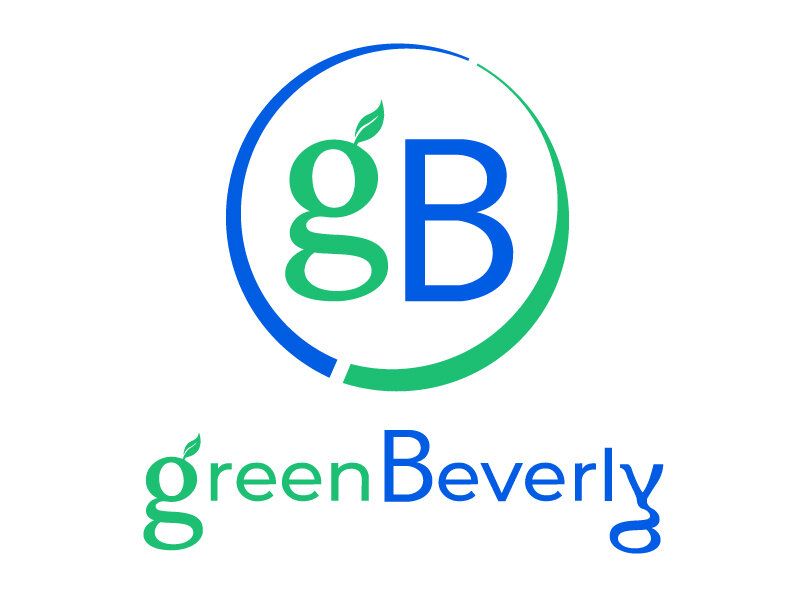
SHOPPING
Green Actions
SHOPPING HOME * ASSESS WHAT YOU HAVE * HOW TO SHOP SUSTAINABLY * CLOTHES * FOOD * OTHER ITEMS
OTHER ITEMS
Your go-to brands for everyday essentials may not be the most environmentally friendly ones. Investigate the products and companies you support: there may be better options available.
Business Practices
Locally, look for businesses that use renewable energy, sustainable packaging, or source their goods regionally. Nationally, look for a certified B-corp company, or one which works toward “reduced inequality, lower levels of poverty, a healthier environment, stronger communities, and the creation of more high quality jobs with dignity and purpose” (BCorporation.net, a good place to learn more).
Household Supplies
Cleaning: “More than 90 percent of a typical bottle of cleaning product is simply water” (“Could Just-Add-Water Products Save Us?).
Replace plastic jug laundry detergent, soaps and cleaners with just-add-water products (like Blueland) or concentrated, compostable packaged products (like Dropps).
Make your own DIY cleaners from recipes online.
Reuse containers from home and fill them with cleaning products from stores like Unpacked Living on Cabot Street.
Replace plastic sponges, scrub brushes, and microfiber clothes with natural, biodegradable ones made from wood, sisal, bamboo, or coconut (like this bamboo pot scrubber).
Paper Products:
Replace paper products with reusables like cloth napkins, multi-use “unpaper” towels, and the old-fashioned hanky.
Buy paper towels, toilet paper, tissues, etc. that are mostly or entirely made from post-consumer recycled materials.
Reuse old, stained sheets or t-shirts that can’t be donated for future use as rags.
Personal Care
Similar to cleaning products, more options are becoming available that have either biodegradable or less packaging.
Evaluate and pare down on the number of personal care products you use.
Use products that come in non-plastic or biodegradable containers (like toothpaste tablets).
Try bar soaps and shampoos instead of bottled.
Use washable pads/rounds instead of disposable cotton ones.
Use a washcloth instead of disposable towelettes.
Avoid one-use feminine hygiene products by switching to an alternative like menstrual cups. For one-use products, look for ones made from cotton or sustainable source materials and that don’t use plastic.
Use a toothbrush made from bamboo instead of plastic.
Appliances and Electronics
Repair before you replace.
Use items as long as possible before upgrading.
If you need to upgrade working items, sell or donate them instead of throwing them away or recycling them.
Buy used items (if they are Energy Star-rated).
Buy Energy Star-rated items.
Furniture and Decor
Grounded Flower Farm (CSA)
See resources for repairing and buying used in CLOTHES.
Have a question about shopping more sustainably?
Ask a Coach
Want to suggest another action? Email us
THE IMPORTANCE OF SUSTAINABLE SHOPPING
“We must remember that there is an entire process, production, and disposal lifecycle that comes with every product and service that we use, take, buy, eat, and wear.“
Sabrina Auclair, GB Shopping Coach





